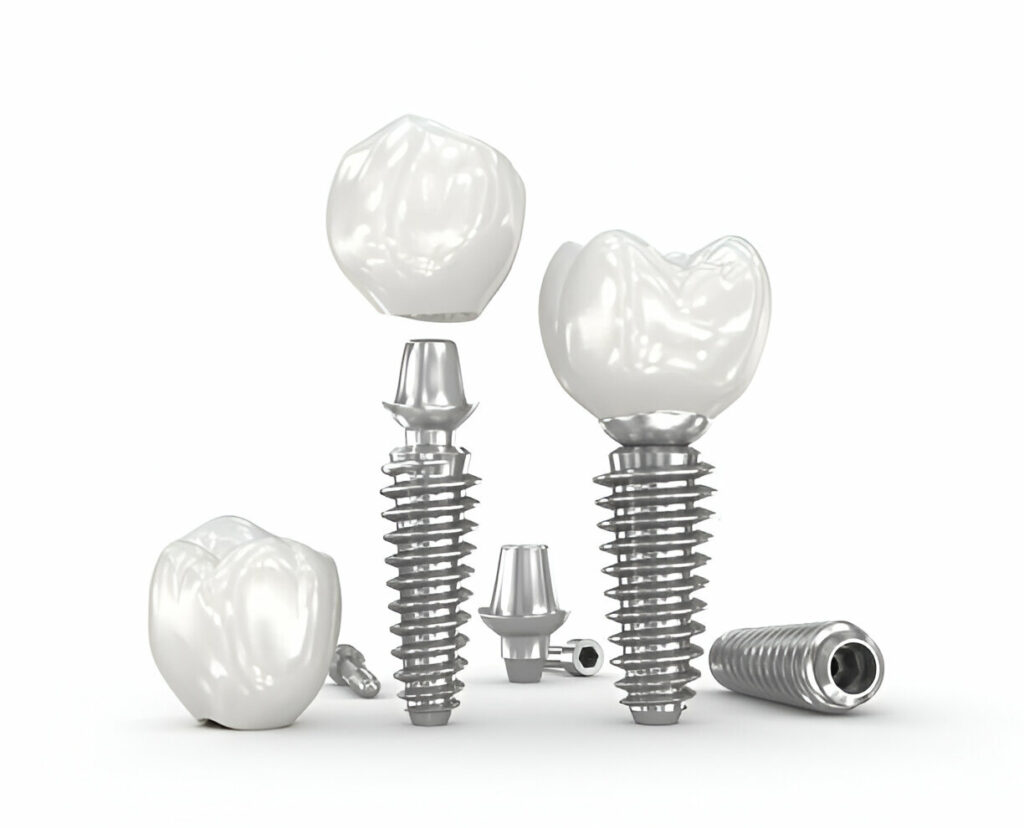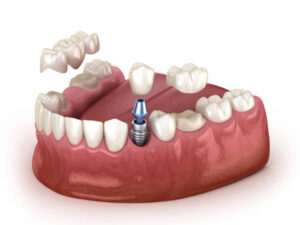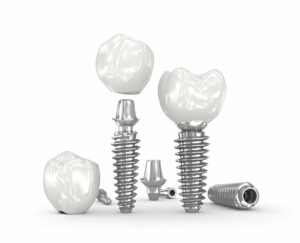Many people choose dental implants for missing teeth. They are a durable and nice-looking alternative to dentures. However, the thought of undergoing dental implant surgery can be daunting. Many people wonder if they can be put to sleep during the procedure to make it more comfortable. In this article, we will explore the sedation options for dental implant surgery in the UK. This will help you understand how you can have a pain-free and relaxed experience.
Understanding Dental Implants
Dental implants are artificial tooth roots made from titanium. Surgeons place them into the jawbone. They support replacement teeth or dental prostheses, like crowns, bridges, or dentures. Implants provide a strong foundation, restoring both the function and appearance of your smile.
Why Consider Sedation?
Dental implant surgery is usually safe and routine. But for some, the idea of oral surgery causes anxiety or fear. Sedation can help alleviate these feelings, ensuring you remain comfortable throughout the procedure.
Types of Sedation for Dental Implants in the UK
There are several sedation methods available to make dental implant surgery more comfortable:
Local Anaesthesia
Local anaesthesia is the most common option for dental implant surgery. It involves injecting an anaesthetic into the treatment area to numb the surrounding tissues. While it eliminates pain, it does not induce sleep or deep relaxation. You remain fully conscious but pain-free.
Laughing Gas (Inhalation Sedation)
Laughing gas, also known as nitrous oxide, is a mild sedative. You inhale it through a mask, and it helps reduce anxiety while keeping you awake. The effects are immediate and wear off quickly once you stop inhaling the gas. This option is suitable for those with mild anxiety.
Oral Sedation
Oral sedation involves taking a sedative pill before the procedure. Medications like Temazepam can help reduce anxiety and make you feel relaxed and sleepy. Oral sedation is effective for uncomplicated surgeries that take less than an hour.
Conscious Sedation
Conscious sedation is a deeper level of sedation where you remain awake but very relaxed. It is usually administered through an intravenous (IV) drip. An experienced anaesthetist monitors your vital signs throughout the procedure. Conscious sedation is ideal for longer or more complex surgeries, allowing you to remain calm and comfortable.
General Anaesthesia
General anaesthesia makes you completely unconscious during the procedure. It is typically reserved for complex cases or patients with significant medical conditions. This type of sedation requires the presence of an anaesthetist and is usually performed in a hospital or specialised clinic.
Factors Influencing Sedation Choice
Choosing the right sedation method depends on several factors:
- Anxiety Levels: Your level of anxiety plays a crucial role in determining the appropriate sedation option. More anxious patients may benefit from deeper sedation.
- Complex or long procedures may need deeper sedation. This is to ensure comfort.
- Your medical history affects the choice of sedation. It includes your health and any medical conditions. Your dentist will assess your medical history to recommend the safest option.
- Dentist’s Recommendation: Your dentist will evaluate your needs. They will make a recommendation based on their expertise and your circumstances.
Benefits of Sedation for Dental Implants
Sedation offers several advantages for dental implant surgery:
- Reduced Anxiety: Sedation helps alleviate fear and anxiety, making the experience more pleasant.
- Pain Management: It ensures you do not feel pain during the procedure, enhancing comfort.
- Improved Cooperation: Sedation helps you remain calm and still, facilitating the dental team’s work.
- Time Efficiency: A relaxed patient can lead to a more efficient procedure, reducing the overall time needed for surgery.
- Sedation improves the patient experience. It makes dental implant surgery easier and stress-free.
Preparing for Sedation
Before your dental implant surgery, your dentist will evaluate you. They will do this to find the best sedation method for you. They will review your medical history, discuss your anxiety levels, and explain the sedation process. You must follow all pre-operation instructions. This includes fasting, if required, to ensure the sedation works.
Aftercare and Recovery
Post-surgery, you may feel groggy or disoriented, depending on the type of sedation used. It is crucial to have someone accompany you to the appointment and drive you home afterward. Follow all post-operative care instructions provided by your dentist to ensure a smooth recovery. Avoid strenuous activities and rest as needed.
Conclusion
Yes, you can be put to sleep for dental implants in the UK. Various sedation options are available. You can choose the one that best fits your needs. It will ensure a comfortable experience. Discuss your concerns and preferences with your dentist, who will guide you toward the most suitable sedation method. By choosing sedation, you can have dental implant surgery with peace of mind. You will get a beautiful, working smile without stress or discomfort.
Ready for a Comfortable Dental Implant Experience?
Are you considering dental implants and want a pain-free, stress-free procedure? Aberdeen Dental Implant Clinic offers a range of sedation options tailored to your needs. Our experienced team ensures your comfort and safety throughout the process. Contact Aberdeen Dental Implant Clinic today to discuss your sedation options and embark on your journey to a beautiful, confident smile.
Frequently Asked Questions
How long does the sedation last?
The duration of sedation varies. Oral sedation may last a few hours, while IV sedation and general anaesthesia effects can last longer. Your dentist will provide specific details based on your sedation type.
Can anyone undergo sedation for dental implants?
Not everyone is suitable for sedation. Your dentist will evaluate your medical history and current health to determine if sedation is a safe option for you.
Are there any side effects of dental sedation?
Common side effects include drowsiness, nausea, and temporary memory loss. Your dentist will discuss all potential risks and how to manage them.
Will I need someone to accompany me after sedation?
Yes, it is essential to have someone accompany you to your appointment and drive you home after the procedure, as you may feel disoriented.
How do I prepare for sedation?
Follow all pre-operative instructions from your dentist, such as fasting if required. Discuss any medications you are taking to avoid complications during sedation.





